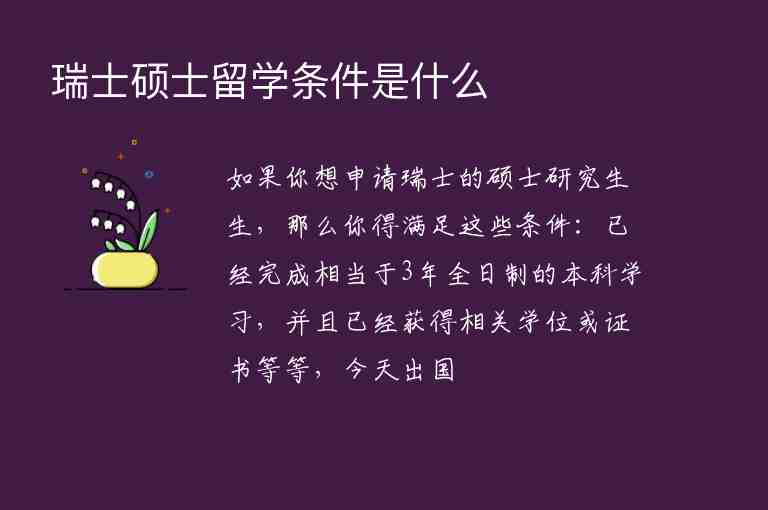幼稚的意思是指一个人或事物缺乏成熟和理智,表现出稚气和不成熟的状态。这种状态通常是指思想、行为或言语上的不成熟和幼稚。在社会生活中,幼稚往往被视为一种负面的特征,因为它可能导致不负责任的行为和冲动的决定。
英文:Immature
怎么读(音标)
英 [ɪməˈtjʊər] 美 [ɪməˈtʃʊr]
用法
形容词“幼稚”的主要用法有以下几种:
1. 形容人:指某人缺乏成熟和理智,表现出稚气和不成熟。
2. 形容事物:指某事物缺乏发展完善,还处于初级阶段。
3. 形容行为:指某人的言行举止不够成熟和理智。
例句中,“幼稚”可以作为形容词、副词或名词使用。
例句1-5句且中英对照
1. She is always so immature, never taking things seriously.
她总是那么幼稚,从不认真对待事情。
2. His behavior is quite immature for a man of his age.
他的行为对于一个同龄人来说非常幼稚。
3. The company's policies seem quite immature and need to be revised.
公司的看起来很幼稚,需要进行修改。
4. S acting so immature, you're not a child anymore.
别再表现得这么幼稚了,你已经不是孩子了。
5. He spoke in a childish and immature manner, which irritated everyone in the room.
他说话的方式像小孩子一样幼稚,让房间里的每个人都感到恼火。
同义词及用法
1. Childish:指像小孩子一样的行为,通常带有贬义。
例句:His constant whining is so childish.
2. Naive:指缺乏经验和知识,容易被欺骗或误导。
例句:She is too naive to see through his lies.
3. Immature:指缺乏成熟和理智。
例句:His decision was quite immature and caused a lot of trouble.
4. Foolish:指愚蠢和缺乏判断力。
例句:It would be foolish to trust him again after what he did.
5. Inexperienced:指缺乏经验和知识。
例句:The new employee is still inexperienced and needs more training.
编辑总结
“幼稚”一词通常用来形容一个人或事物缺乏成熟和理智,表现出稚气和不成熟的状态。它可以作为形容词、副词或名词使用,常与childish、naive、immature等词语连用。在社会生活中,幼稚往往被视为一种负面的特征,因为它可能导致不负责任的行为和冲动的决定。因此,在我们的日常生活中,我们应该努力成长和成熟,避免幼稚的行为和思维方式。
